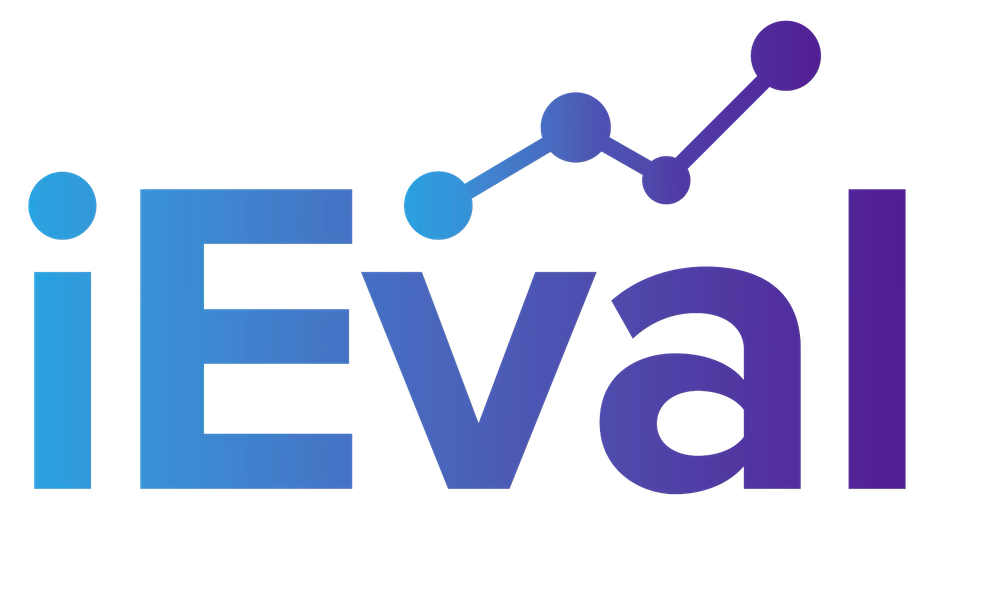(we had some technical glitches with this post earlier in the week, so we're trying to post it again...hopefully the gremlins are worked out this time...thank you for your patience!)
It was a bit intimidating to have both of my presentations schedule back-to-back on the first night of AEA 2015, but – once that was over – it was refreshing to be done with the presentations and on to enjoying, networking, and learning!
Kristin and I shared at the Crime and Justice TIG meeting about our experiences serving as the research partner on a Byrne Criminal Justice Innovation grant – our research process, how we planned for future evaluation efforts while conducting the research, working with residents, etc. It has been a very different project from anything we’ve done before, and we learned how to not just listen to the residents but empower the residents to drive the work. Several of Kristin, Corey, and my useful tips from that project included:
- Do not overwhelm residents with too much data – when you do share data, present it in easily interpretable formats within context and truly listen and respond to resident interpretation of those data.
- Make sure the data drives the work – continually refocus the interpretation and strategic planning back centered on decisions derived from the data.
- Conduct formative evaluation – even when implementing research, it’s important to review what’s going on behind the scenes to improve the research process as you go along.
Kelley and I presented about Camp iEval – a low stakes, casual setting where we share data, highlight best practices, discuss struggles and barriers, and plan for future evaluation with a variety of clients. We would love to hear from anyone who is able to take the plans and ideas we shared and implement their own evaluation camp! We had a few requests to make Camp iEval a full day pre-conference PD session at a future AEA…we’ll give some thought to that. In the meantime, here are a few useful tips from Kelley, Corey, and me regarding implementing your own evaluation camp:
- Know and respect your audience – you need to understand their comfort zone in sharing, respect their boundaries, and engage them at the level they individually want to be engaged.
- Be prepared – even though the atmosphere of camp is casual, you need to plan professionally by ensuring all technology works, you have adequate materials, the facilities are appropriate, and the content is timely and meaningful.
- Keep the energy high – plan for brain breaks during the day, incorporate project-based learning, rotate presentation responsibilities to include participants, and throw in a few downright silly moments to break up the day.
At the end of our presentation on Camp iEval, we shared a video adaptation we made several years ago of Roger Miranda's book, Eva the Evaluator. It's a fantastic children's book that explains what an evaluator is in a very creative, yet accurate, way (personally, I prefer the SUPERHERO description of evaluation work!). Because so many of you have asked to be able to use our video over the years with your own clients and in presentations, and with special permission from Roger, we are able to share the video for your use. You may click HERE to show the video (or find it under the Information tab on our web site). We hope it is useful for you in teaching about evaluation, demystifying what evaluators do, making evaluation a little less scary, and infusing fun in your work!
We attended some good sessions on data placemats (might have to use that idea!), social network analysis, visual reporting, and others. Of particular fun was when Deborah Rugg from the United Nations Evaluation Group said during the plenary on Thursday something to the effect of “Carpe diem! Seize evaluation, particularly during this EvalYear!” Of course, that brought a smile!
TEAM iEVAL’S USEFUL TIP: Be open to learning new strategies to integrate into your work. Ask questions of the presenters during or after their presentations, they’re all willing to share – that’s why they’re there presenting!


